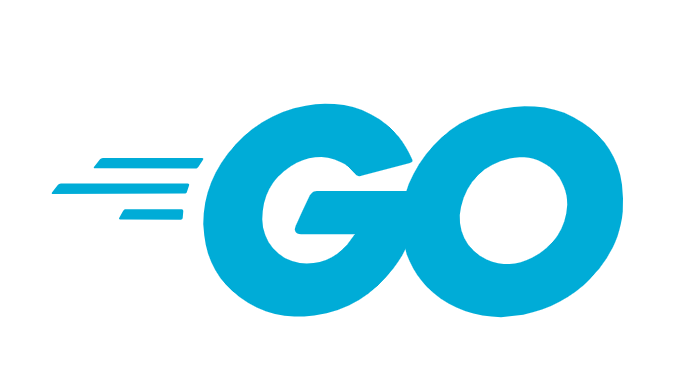The list of resources for go cannot be exhausted easily, you find below useful list and links to materials that will help you through your journey. Effort will be made to categorize the list for easy access and tracking. We would experiment with some techniques to see how we can deliver useful resources to precisely meet you needs and demands.
Official Go resources
Useful Tutorial Blog
Advanced Books and Courses
As you’ve delved deeply into learning Go, additional resources can further solidify your understanding and introduce advanced concepts. Here are some advanced books and comprehensive online courses that can help you become a Go expert:
– Suggested Reading
- “The Go Programming Language” by Alan A. A. Donovan and Brian W. Kernighan
- Overview: This is one of the quintessential books for Go programming. It provides a thorough introduction to Go’s syntax and unique features, while also delving into advanced topics like concurrency, testing, and package management.
- Who Should Read It: Intermediate to advanced programmers who are comfortable with Go’s basics and seek to understand the language more deeply.
- Content Highlights:
- Detailed coverage of the Go syntax and best practices.
- In-depth explanations of Go’s concurrency model.
- Real-world examples and practical advice.
- “Concurrency in Go: Tools and Techniques for Developers” by Katherine Cox-Buday
- Overview: This book focuses on one of Go’s most powerful features: concurrency. It provides tools, techniques, and patterns to write solid concurrent programs in Go.
- Who Should Read It: Developers who want to become proficient in concurrent programming in Go.
- Content Highlights:
- Understand the foundations of Go’s concurrency model.
- Practical examples using goroutines and channels.
- Tips for writing clean and efficient concurrent code.
- “Go in Action” by William Kennedy, Brian Ketelsen, and Erik St. Martin
- Overview: This book covers how to build powerful, reliable, and efficient software and discusses best practices for designing Go software.
- Who Should Read It: Developers looking for actionable advice on building robust Go programs.
- Content Highlights:
- Design patterns for high-performance software.
- Integration of Go with other tools and services.
- Effective use of Go libraries and frameworks.
- “Go Programming Blueprints” by Mat Ryer
- Overview: This book provides a project-based approach to learning Go. It covers a range of real-world applications and offers hands-on experience.
- Who Should Read It: Developers who prefer learning by doing and building projects.
- Content Highlights:
- Step-by-step guides to building practical applications.
- Detailed explanations of challenges and solutions.
- Coverage of web development, microservices, and more.
Online Courses
- “Become a Master at Golang” by Stephen Grider (Udemy)
- Overview: A comprehensive course aimed at those who want to master Go. It covers basics to advanced topics, including networking, testing, and more.
- Who Should Enroll: Beginners to intermediate developers aiming to achieve a deep understanding of Go.
- Content Highlights:
- Basics of Go syntax and workspace.
- Concurrency, Goroutines, and Channels.
- Real-world applications and projects.
- Integration with other technologies like Docker.
- “Programming with Google Go Specialization” by University of California, Irvine (Coursera)
- Overview: This specialization consists of three courses that cover the fundamentals of Go, including its unique features and standard libraries.
- Who Should Enroll: Individuals who seek structured academic learning.
- Content Highlights:
- Go foundations and standard library.
- Go concurrency model.
- Effective Go and industry use cases.
- Capstone project for real-world application.
- “Go: The Complete Developer’s Guide” by Stephen Grider (Udemy)
- Overview: This course delves into Go from beginner to advanced levels, addressing both theoretical concepts and practical applications.
- Who Should Enroll: Developers at all levels who are committed to mastering Go.
- Content Highlights:
- In-depth explanations of Go’s syntax.
- Extensive coverage of Goroutines, Concurrency, and Channels.
- Building web apps and CLI tools.
- Detailed explanations of testing and deployment.
- “Ultimate Go Programming” by Bill Kennedy (Ardan Labs)
- Overview: This advanced course is taught by Bill Kennedy, one of the leading Go experts. It provides deep insights into writing idiomatic and efficient Go code.
- Who Should Enroll: Seasoned developers with a firm grasp of Go basics.
- Content Highlights:
- Advanced Go idioms and patterns.
- Best practices for Go application architecture.
- Concurrency analysis and optimization.
- Real-world problem solving.
By leveraging these advanced books and online courses, you can elevate your Go programming skills to a professional level and stay up to date with the latest trends and best practices in the Go community. Remember, continuous learning and hands-on practice are key to mastering GoLang.
